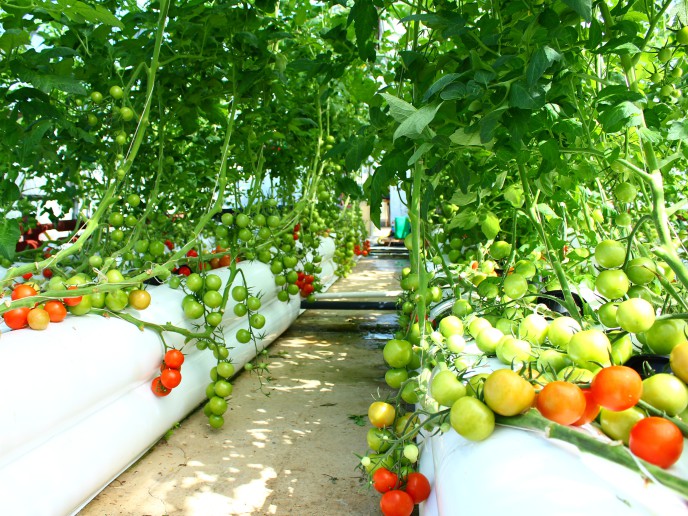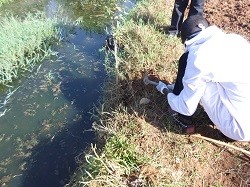Our agricultural future secured in deep water
The Phytoponics initiative focused on product development in support of agricultural sustainability. Project coordinator Adam Dixon describes the aims of Phytoponics, the eponymous coordinating company, as centred on creating “new growing technology and systems that can solve our pressing need for sustainable agriculture.” A lean approach During this SME Instrument Phase 1 project, partners investigated the feasibility of various options for a novel system. They looked at market demand, planned a route to market, and performed engineering design and testing activities to validate a prototype. “We approached our product development with a lean approach while utilising design procedures such as quality function deployment to structure and iterate our technology towards a well-performing prototype,” Dixon explains. Recognising the great potential of protected horticulture, the company is focused on developing its technology for this sector. “The land and water use efficiencies that our technology can offer if adopted globally could potentially free up agricultural land the size of the Amazon rainforest,” Dixon states. This land could be used for rewilding and sustainable development. Equally important, the shift will “reduce agricultural fresh water use of an annual volume similar to that of the Amazon river.” Reconnecting consumers and food production The company’s vision is that food production will move closer to the cities, co-locating around energy parks and eco-hubs. As noted on the project website, the patent-pending Phytoponics system “is going to transform commercial agriculture and make fresh produce abundant.” Beyond the promise of associated socioeconomic gains, the development effectively also translates to a climate change impact. “The current thousands of kilometres that produce travels to arrive in the supermarket is replaced with local production for lower carbon emissions and greater freshness,” the Phytoponics coordinator and co-founder explains. Opportunities for growth and improvement “As a result of the work we performed in this project, we secured follow-on investment of more than GBP 250 000,” Dixon reports. Phytoponics partners are progressing with further technology upscaling and development for additional crops at Stockbridge Technology Centre in the United Kingdom. This represents an important opportunity with one of the country’s largest growers. The aim is to take the first major commercial pilot live in January 2020. The drive to achieve Phytoponics’ aims doesn’t stop there. “We are also applying to H2020 SME Instrument Phase 2 to further strengthen our technological and commercial development to accelerate our company growth,” Dixon concludes. Discussions are also currently taking place with interested customers and partners regarding further commercial opportunities. Phytoponics has had many press releases published in sector-specific media and national newspapers in the United Kingdom. Dissemination has also taken place through the company’s stakeholder channels. Beyond its active social media presence, this video(opens in new window) offers a prime example of the inspiration fuelling the work of Phytoponics and Adam Dixon himself.







